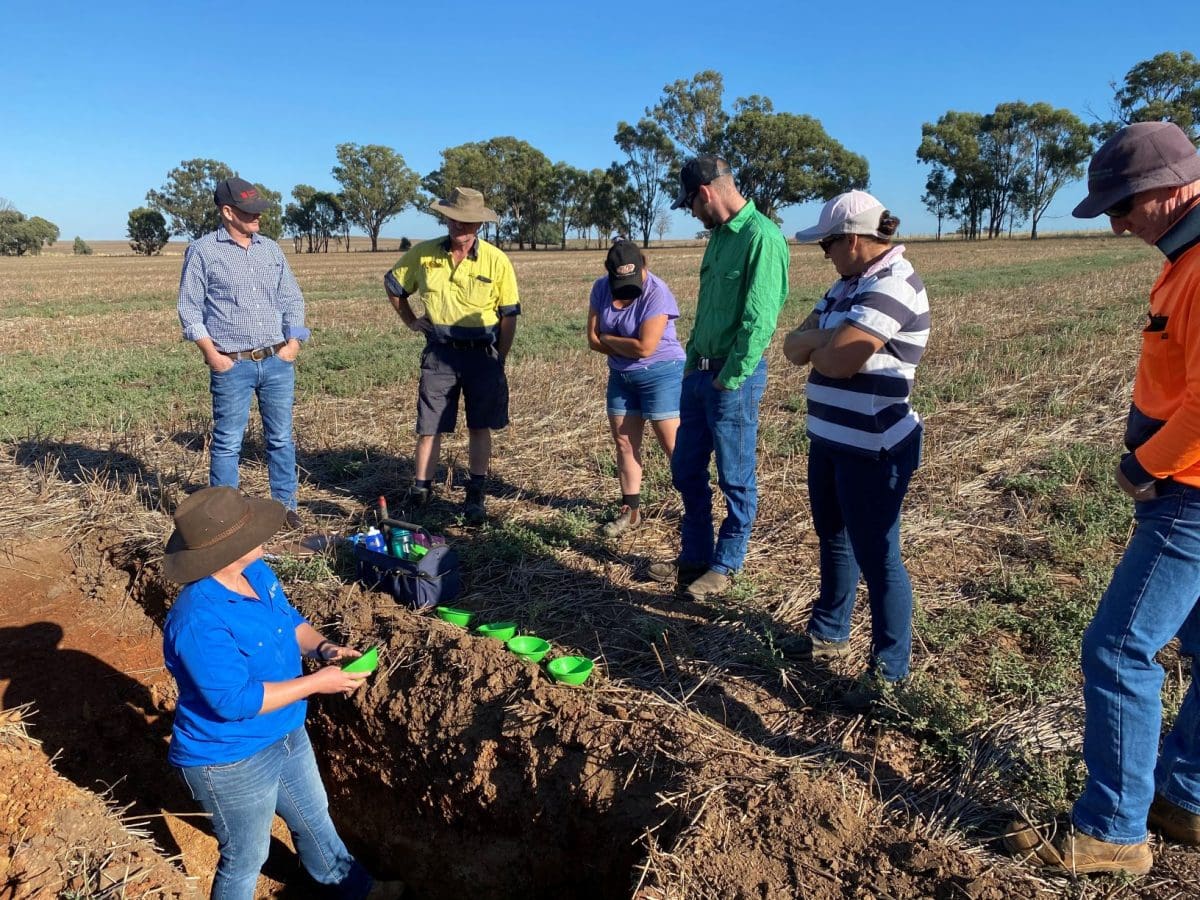
THE Federal Budget for 2021-22 was handed down last night in Canberra, and leading the list of items which got the thumbs up from agriculture bodies was initial funding for the National Soil Strategy, and a continuation of instant asset write-offs.
In a statement, the National Farmers Federation (NFF) said the budget “delivered a shot in the arm” for agriculture and regional Australia through spending on biosecurity, infrastructure, trade, telecommunications, climate-change adaptation and health services.
Some Budget items had been announced in recent weeks, and those of significance to Australian agriculture includes:
- Biosecurity: $371 million over four years to expand and modernise current system;
- Climate services: $209.7M for more granular climate and weather data and forecasting;;
- Feral Animal Control: $29M to strengthen and better coordinate existing measures;;
- Instant asset write-off: Continuation from 2020-21 Budget to allow write-offs of up to $150,000 until June 2023.
- Melbourne Intermodal Terminal: $2 billion initial funding to link with Inland Rail;
- National Soil Strategy: $237.9M initial funding;
- Regional Connectivity Program: $105.8M to improve digital services and technologies, including 81 projects across regional, rural and remote Australia;
- Roads: $5B plus for freight and regional roads in every state and territory;
- Trade: $213M including enhanced representation and promotion of Australia’s interests through the World Trade Organization, and the establishment of an agriculture envoy program.
The National Soil Strategy is the big-ticket item.
“Farmers are poised to continue to lead the nation in its reduced-emissions future,” NFF president Fiona Simson said.
“The $237.9M to help farmers better understand and manage their soils across a number of portfolio and priority areas acknowledges the importance of gaining a better understanding of soil carbon measurement and planning.
“The NFF also welcomes the $209.7M for enhanced climate services which will go a long way to securing resilience and preparedness through more granular climate and weather data and forecasting.”
National lobby group GrainGrowers said the National Soil Strategy included rebates for farmers that shared the results of soil testing.
“Through the soil initiatives outlined in tonight’s budget, we hope to see delivery of national standards for soil data collection, analysis and use,” GrainGrowers chair Brett Hosking said.
“Regional benchmarking would enable growers to compare their soil conditions and give them access to the data needed to track any trends and improvements in soil quality.”
Ms Simson said the government had responded to the farmers’ call for development of a long-term trade strategy that consolidated and diversified agriculture’s export market base.
“We’ve seen $213M for trade including the enhanced representation and promotion of Australia’s interests through the WTO and the establishment of a new international agriculture envoy program to protect agriculture’s export interests.”
NSW Farmers has been active in raising awareness around container cargoes and the threats they can introduce, such as African Swine Fever (ASF).
“It’s promising to see $160M has been set aside to strengthen Australia’s defence against biosecurity threats at the border, including $60M specifically for ASF.”
National Australia Bank’s analysis of the budget said it did not address the lack of labour availability for agriculture, and in particular horticulture, caused by COVID-related border closures.
“While the budget includes a measure, announced in January 2021, to allow temporary visa holders to work more hours in the agricultural sector, the major challenge remains closed borders.
“The budget does not forecast the border reopening until well into 2022.”
Source: GrainGrowers, NAB, NFF, NSW Farmers.

HAVE YOUR SAY